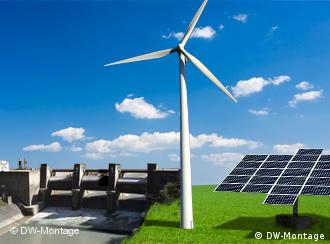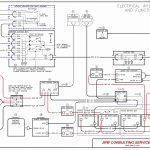Overview:
The Renewable Energy Strategies Course is designed to equip participants with in-depth
knowledge and practical skills related to renewable energy sources, technologies, and
strategic implementation. The course covers various types of renewable energy, including
solar, wind, hydro, and biomass, while exploring their potential impacts on sustainability,
economic development, and environmental protection.
Course Objectives:
– Understand the principles and importance of renewable energy in today’s world.
– Analyze different types of renewable energy sources and their applications.
– Develop strategies for integrating renewable energy into existing energy systems.
– Evaluate the economic and environmental impacts of renewable energy projects.
– Gain practical skills in project planning, implementation, and management related to
renewable energy initiatives.
Training Content:
1. Introduction to Renewable Energy:
– Overview of renewable energy and its significance.
– Comparison of renewable and non-renewable energy sources.
– Global and local trends in renewable energy adoption.
2. Types of Renewable Energy Sources:
– Solar energy: photovoltaic systems, solar thermal, and applications.
– Wind energy: wind turbines, site assessment, and power generation.
– Hydro energy: hydropower plants, types of hydropower, and environmental
considerations.
– Biomass: sources, technologies, and conversion processes.
3. Energy Policy and Regulations:
– Overview of global and national energy policies.
– Regulatory frameworks for renewable energy projects.
– Incentives and subsidies for renewable energy investments.
4. Technological Innovations:
– Emerging technologies in renewable energy.
– Energy storage solutions and their importance in renewable energy systems.
– Smart grid technology and its role in integrating renewable energy.
5. Project Development and Management:
– Steps in planning and executing renewable energy projects.
– Feasibility studies and project financing.
– Risk management strategies in renewable energy projects.
6. Economic and Environmental Impact Assessment:
– Evaluating the economic viability of renewable energy projects.
– Environmental assessments and sustainability considerations.
– Case studies of successful renewable energy projects.
7. Community Engagement and Awareness:
– Strategies for community involvement in renewable energy projects.
– Raising awareness about the benefits of renewable energy.
– Educational initiatives and outreach programs.
8. Future Trends and Challenges:
– Innovations in renewable energy technology and their potential.
– Challenges facing the renewable energy sector.
– Policy recommendations for promoting renewable energy adoption.
Target Audience:
– Energy professionals and consultants.
– Policy makers and government officials involved in energy regulation.
– Engineers and technicians working in renewable energy sectors.
– Students and researchers in environmental science and engineering.
– Community leaders and activists interested in sustainability initiatives.
This course is suitable for individuals at various experience levels, providing a comprehensive
understanding of renewable energy strategies essential for fostering sustainable energy
practices and initiatives.






